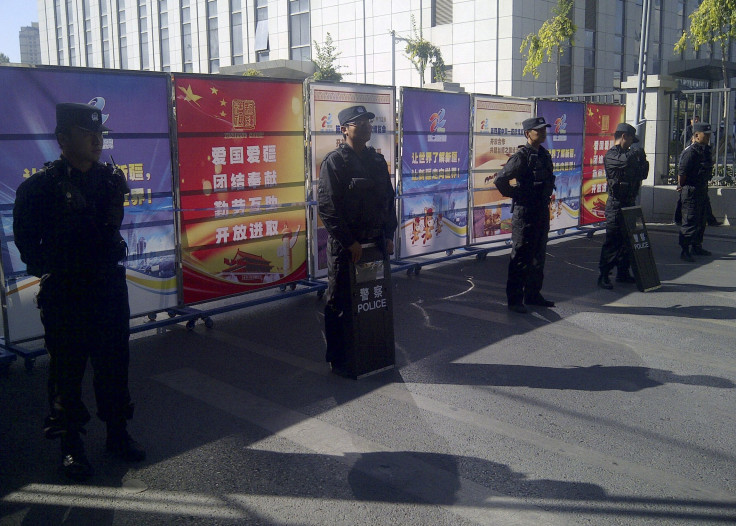China’s Sweeping New Anti-Terror Law Reflects US Debate Over Encryption

China’s national legislature on Sunday passed a new security law that, among other things, requires tech companies operating in the country to help decrypt data on their systems when law enforcement or other officials ask them to do so. The law, an anti-terrorism bill that Chinese officials say is necessary to combat domestic and international terrorism, is less intrusive than an earlier draft version, which would have required technology manufacturers to create so-called backdoors in their products that would let authorities access their data at any time.
China’s passing of the measure comes at a time when U.S. lawmakers are debating whether to impose similar requirements on Silicon Valley companies, including Apple, Facebook and Google, in the aftermath of the terrorist attacks in Paris and San Bernardino, California.
Some in Congress, including Sen. Dianne Feinstein, D-Calif., vice chair of the Senate Select Committee on Intelligence, have called for legislation that would require the tech industry to loosen the encryption that protects data on products like smartphones and tablets. Backers of such laws, including FBI Director James Comey, say terrorists are taking advantage of device encryption to plot and carry out attacks in secret.
The tech industry is resisting such requirements, whether in the U.S., China or in Europe, where several countries are also considering similar rules. “We strongly oppose efforts to mandate so-called backdoors into our products,” a Yahoo spokesperson told International Business Times earlier this month.
China is concerned about violence in its northwest province of Xinjiang, where Uighurs, a predominantly Muslim minority group of Turkish descent, have clashed with authorities and Chinese settlers. In September, an attack by Uighurs on Chinese coalminers in the region left up to 50 dead.
“Not only in China but also in many places internationally, growing numbers of terrorists are using the internet to promote and incite terrorism, and are using the internet to organize, plan and carry out terrorist acts,” a Chinese official said at a news conference Sunday in Beijing.
While China does have legitimate security concerns, the worry is that Beijing will use its new powers chiefly to keep antigovernment sentiment off the internet. There are signs of a renewed crackdown on dissent. China’s foreign ministry this week said it would not renew the visa of French journalist Ursula Gauthier, who writes for the publication L’Obs. The ministry accused her of supporting terrorism through columns it said were overly sympathetic to the Uighurs.
China’s anti-terrorism law also creates a new agency with broad powers to detect and combat terror networks, as well as a new intelligence center. The law also authorizes Chinese troops to be deployed overseas on missions to combat terror.
© Copyright IBTimes 2024. All rights reserved.






















